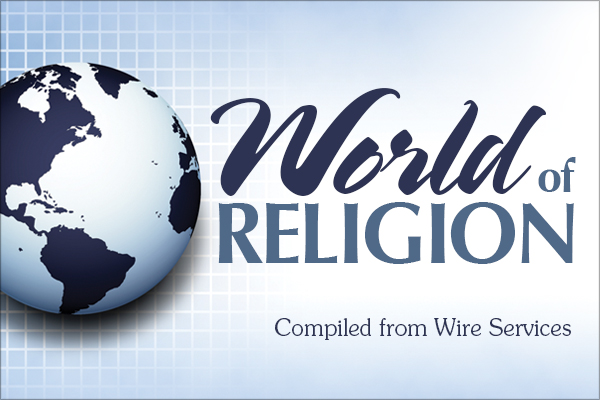John Owen (1616–1683) was the most prolific theologian of the 17th century. Charles Spurgeon, the 19th-century Baptist preacher, called him “the most profound divine who ever lived.”
This year is the 400th anniversary of Owen’s birth.
He was born to Puritan parents in the village of Stadhampton, England. A child prodigy, Owen enrolled at Oxford University in Oxford, England, when he was 12. He graduated with a bachelor’s degree in 1632 and a master’s degree in 1635. He studied between 18 and 20 hours each day.
He began work for a bachelor of divinity degree, but he was dismissed from Oxford University after siding with the Puritan group and not the Anglicans led by the university’s chancellor.
Once ousted he became pastor of a church in Fordham and later led a church in Coggeshall. A dynamic preacher, he regularly had Sunday crowds of 2,000 people.
Owen preached during the English Civil Wars (1642–1651), a conflict that involved the Parliamentarians led by Oliver Cromwell and the Royalists led by Charles I and his supporters. A Parliament commander, Sir Thomas Fairfax, moved his headquarters to Coggeshall in 1648 and attended Owen’s church, eventually introducing him to Parliament.
The day after the execution of Charles I in January 1649, Owen addressed Parliament. When his sermon was published, he added a plea for religious toleration for all Christian denominations and urged authorities not to execute dissenters.
He caught the attention of Cromwell and became his chaplain.
In 1651, Cromwell, who was Chancellor of Oxford University, appointed Owen the dean of Christ Church, one of the university’s colleges. From 1652 to 1657, Owen served as vice chancellor. He rebuilt the infrastructure at Oxford University and hired godly teachers.
He declined invitations to the ministry in Boston (1663) and the presidency of Harvard University (1670).
In addition to his other duties he wrote for 41 years and published more than 60 books, starting with “The Display of Arminianism” and concluding with “Meditations and Discourses on the Glory of Christ.” Twelve volumes were published posthumously.
His “Exposition on the Epistle to the Hebrews,” “Doctrine of Justification by Faith” and his books on the Holy Spirit, the Trinity and atonement cemented his reputation as a great theologian.
He married Mary Rooke in 1644. They had 11 children, 10 of whom died in infancy. One daughter lived to be an adult but died of consumption (tuberculosis). Mary died in 1676.
Owen died Aug. 24, 1683, at the age of 67. His last words to a friend were, “I am going to Him whom my soul had loved, or rather hath loved me with an everlasting love.”






Share with others: